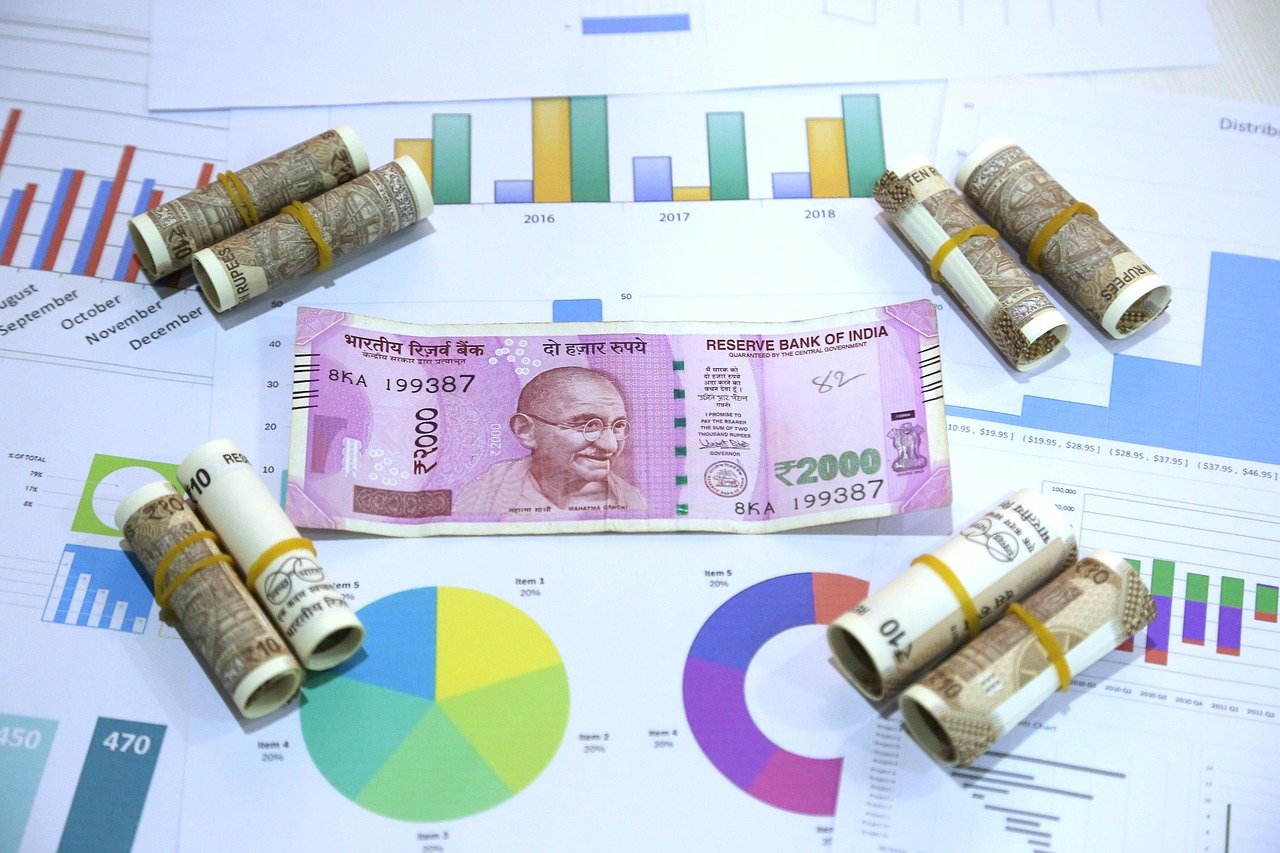
Understanding Fixed Income Investments: Bonds and Sukuk for Malaysian Investors
Fixed income investments, such as bonds and Sukuk, play a crucial role in diversifying an investment portfolio. For Malaysian investors, these instruments offer steady income streams and lower risk compared to equities. This article will explore the types of fixed income available in Malaysia, their characteristics, and what they mean for local investors.
The Role of Fixed Income in Investment Portfolios
Fixed income securities provide investors with predictable cash flows, primarily through interest or coupon payments. They are often seen as safe-haven investments during economic uncertainty. In Malaysia, the Bank Negara Malaysia (BNM) and the Securities Commission (SC) provide regulatory frameworks that support the integrity of the bond market, making it a reliable choice for investors.
Types of Fixed Income Securities
1. Government Bonds
Government bonds are debt securities issued by the government to finance its expenditures. In Malaysia, the Malaysian Government Securities (MGS) are a popular choice. They are considered low-risk investments as they are backed by the government’s credit.
MGS have different maturities ranging from short-term (3 years) to long-term (up to 30 years) and are issued through auctions conducted by BNM. For local investors, MGS represent a safe avenue for investment while contributing to national development projects.
2. Corporate Bonds
Corporate bonds are issued by companies to raise capital for business operations. These bonds typically offer higher yields than government bonds due to their increased risk. Malaysian companies, such as Petronas and Maybank, regularly issue corporate bonds that attract both local and foreign investments.
The bond ratings provided by agencies such as RAM Ratings and Malaysian Rating Corporation Berhad (MARC) help investors gauge the credit risk associated with these bonds. These ratings play a critical role in the investment decision-making process.
3. Sukuk: The Islamic Alternative
Sukuk are Islamic financial certificates that comply with Islamic law, or Shariah. Unlike traditional bonds that involve interest payments, Sukuk generates returns through profit-sharing or asset leasing. This makes Sukuk an attractive option for investors seeking ethical investment opportunities.
In Malaysia, the DanaInfra Sukuk is a prominent example, used to finance infrastructure projects. The growth of the Sukuk market has positioned Malaysia as a global leader in Islamic finance, with continuous innovations in Sukuk structures that cater to diverse investor needs.
Global Perspectives: Comparing Malaysian Fixed Income with International Markets
When comparing Malaysia’s fixed income market to global standards, U.S. Treasuries are often hailed as the benchmark for risk-free investment. U.S. Treasuries are backed by the full faith and credit of the U.S. government, providing insights on how Malaysian bonds are perceived by international investors.
As of 2023, the interest rate environment has played a pivotal role in shaping investor behaviour. With BNM maintaining a cautious approach to interest rate adjustments, Malaysian fixed income investments remain appealing, especially as global yields fluctuate.
Interest Rate Trends and Their Impact on Bonds and Sukuk
The interest rate environment significantly influences the performance of fixed income investments. As the global economy grapples with inflationary pressures, BNM has cautiously adjusted interest rates to stabilize the economy.
As of the end of 2023, the Overnight Policy Rate (OPR) has seen fluctuations, impacting the yields on MGS and corporate bonds. Investors need to stay informed about these rate changes as they directly affect bond pricing and investment strategies.
Expert Insights on Fixed Income Investing in Malaysia
Market analysts emphasize the importance of diversification in fixed income investing. By allocating investments across government bonds, corporate bonds, and Sukuk, Malaysian investors can mitigate risks and capitalize on varying yield opportunities.
Furthermore, as global economies adjust to changing fiscal policies, experts suggest keeping an eye on economic indicators such as GDP growth and inflation rates to inform investment decisions.
Conclusion: Key Takeaways for Malaysian Investors
Investing in fixed income securities can be an effective strategy for Malaysian investors looking to diversify their portfolios. Here are three key takeaways:
- Diversification is Essential: Consider a mix of government bonds, corporate bonds, and Sukuk to spread risk.
- Stay Informed: Keep up with interest rate trends and economic forecasts to make informed decisions.
- Engage with Experts: Consult financial advisors to tailor fixed income investments to your financial goals.
Frequently Asked Questions About Bonds, Sukuk, and Fixed Income Investing in Malaysia
1. What is the difference between bonds and Sukuk?
Bonds are debt instruments that pay interest, while Sukuk represents ownership in an asset and generates returns through profit-sharing or leasing.
2. How do I invest in Malaysian Government Securities?
Investors can purchase MGS through auctions conducted by BNM or via secondary markets on Bursa Malaysia.
3. Are corporate bonds riskier than government bonds?
Yes, corporate bonds generally carry higher risks compared to government bonds, as they depend on the issuing company’s financial stability.
4. How can I determine the financial health of a corporate bond?
Review the bond’s credit rating provided by agencies like RAM Ratings and MARC, which assess the issuer’s creditworthiness.
5. Is Sukuk a safer investment option compared to conventional bonds?
Sukuk can be considered safer in some cases, depending on the asset backing and structure; however, it is essential to assess each Sukuk’s specific risks.
This content is for informational purposes only and not financial advice.
Disclaimer
This article is for informational purposes only and should not be taken as financial advice. Please consult a licensed financial advisor before making investment decisions.


 Ready for more? Get access to premium rewards and deals now →
Ready for more? Get access to premium rewards and deals now →
0 comments